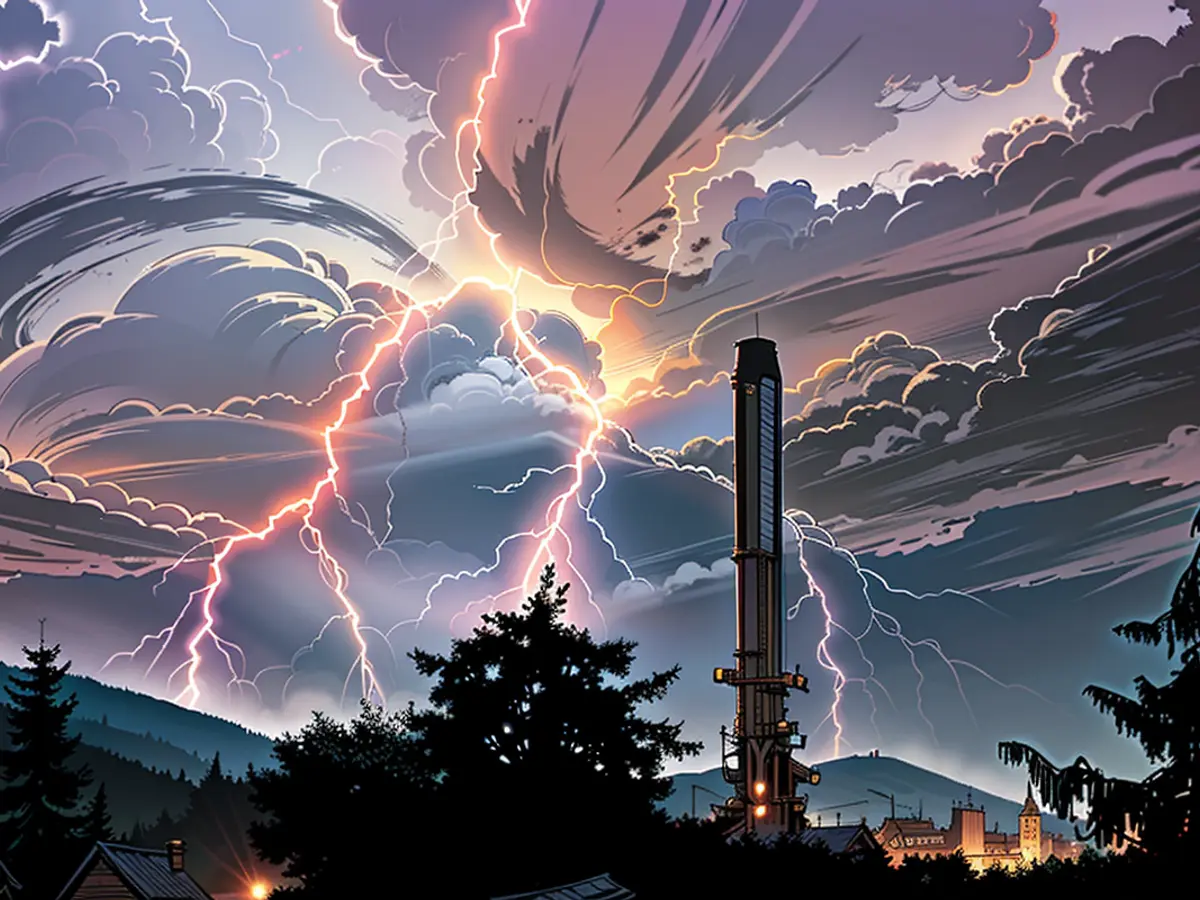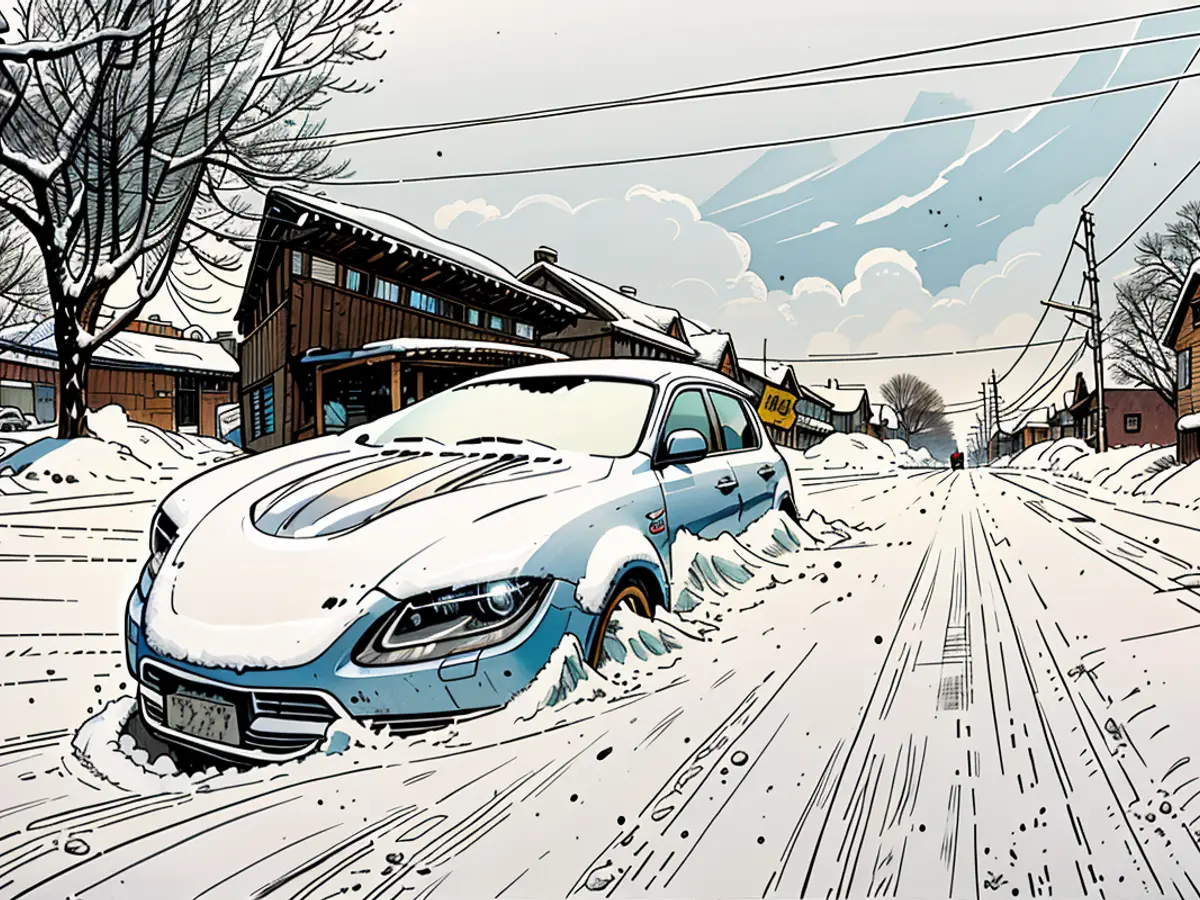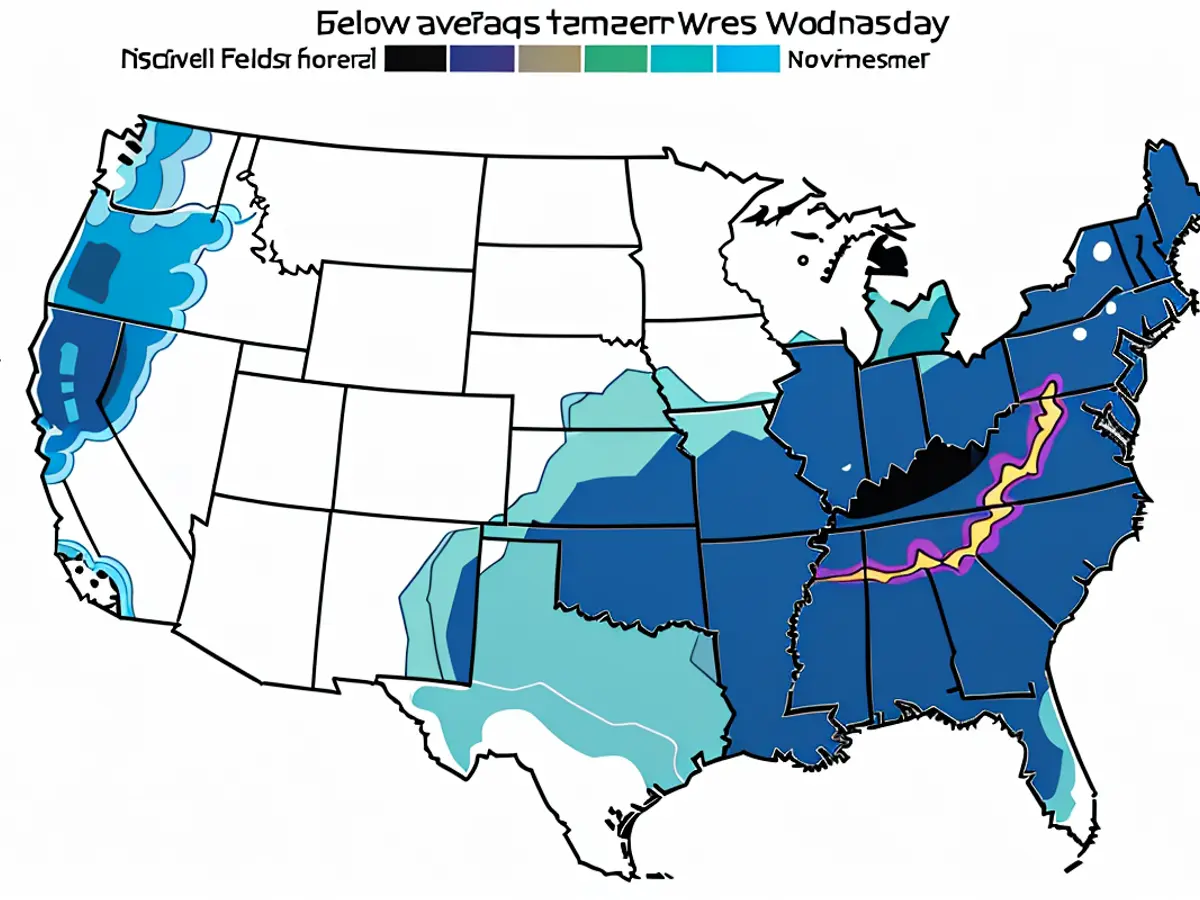- That's how often it's lightning in your county
Over many parts of Germany, severe summer thunderstorms have been raging in recent days following the latest heatwave. Lightning struck houses, and in Baden-Württemberg, a 15-year-old died in a strike that hit a tree.
While the storms swept across almost the entire country, the frequency of these events varies significantly from region to region. The "Blitzdichte" (lightning density) can be used to identify Germany's lightning hotspots. This value serves as a benchmark and indicates the number of lightning strikes per square kilometer per year. The Blitzinformationsdienst Blids records these values and provided the stern with data from the past ten years upon request. Notably, lightning tends to discharge more frequently at higher elevations, such as along the southern edge of the republic.
The map below shows the density in your area:
And how does it compare year by year? Is it striking more frequently than before? The Blids lightning statistics from the past 20 years can answer this question. These statistics record "cloud-to-ground" lightning, which can cause significant damage upon impact. Unlike these, there are also lightning discharges that occur only within the storm cloud and do not reach the ground.
The graph shows that, as of August 14 this year, there have already been more recorded lightning strikes than in the two preceding years. However, there have been years since 2004 with significantly higher frequencies, such as around three times as many discharges recorded by mid-August 2007. Nevertheless, Blids operator Aldis warns on its website that the reported frequencies are based on non-homogenized data that may be influenced by fluctuations due to changes in measurement technology and infrastructure.
How to behave during a thunderstorm
The recent tragedy in Baden-Württemberg, where a 15-year-old died and their companion was severely injured while seeking shelter under a tree on a hill, demonstrates the potential danger of electrical discharges. Experts advise the following behavior during thunderstorms:
Source: Aldis/Blids Lightning Statistics
Despite the increase in thunderstorms this year, certain regions in Germany experience higher "Blitzdichte" annually. For instance, lightning strikes more frequently along the southern edge of the republic.
Understanding the risk, it's crucial to avoid seeking shelter under trees during thunderstorms, as demonstrated by the recent tragic incident in Baden-Württemberg.








